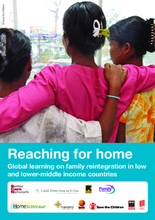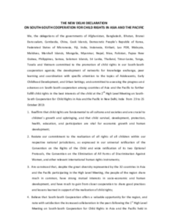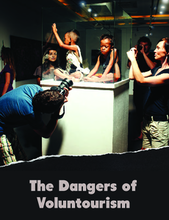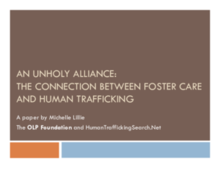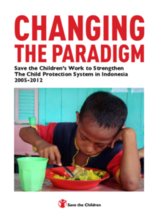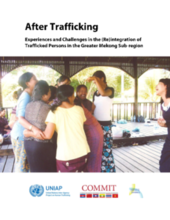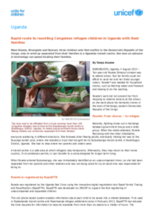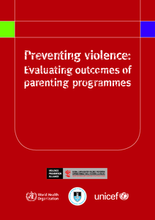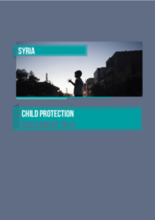Displaying 361 - 370 of 469
This inter-agency, desk-based research aims to arrive at a clearer understanding of reintegration practices for separated children in low and lower-middle income countries. The research pulls together learning from practitioners and academics working with a range of separated children, such as those torn from their families by emergencies, children who have been trafficked or migrated for work, and children living in institutions or on the streets.
A New Delhi Declaration renewing governments' commitments to the rights of children and pledging to support each other in the achievement of those rights, was adopted unanimously on 25th October 2013 by 32 Asian and Pacific States attending the Second High Level Meeting on South-South Cooperation for Child Rights in Asia and the Pacific.
In this article for Prism Magazine, a publication of Evangelicals for Social Action, the authors ask challenging questions about the role of 'orphanage tourism', where Westerners visit or volunteer to work at a residential care center (orphanage) in the developing world, whether the trip is arranged by a tour or travel company, a nonprofit, or by a church.
This presentation, given at the Fifth Annual Interdisciplinary Conference on Human Trafficking 2013, describes a research paper that examines the connection between foster care and human trafficking in the United States with special emphasis on sex trafficking.
This report documents the work conducted by Save the Children in collaboration with the Indonesian Ministry of Social Affairs over a period of 7 years to strengthen the national child protection system and change the underlying paradigm for that system away from over-reliance on residential care and towards child and family centered responses.
This study, coordinated by the United Nations Inter-agency Project on Human Trafficking, draws findings from in-depth interviews with 252 trafficked persons about their experiences of (re)integration, including successes and challenges, as well as future plans and aspirations.
RapidFTR is a versatile open-source mobile phone application and data storage system that seeks to expedite the Family Tracing and Reunification (FTR) process by helping humanitarian workers collect, sort and share information about unaccompanied and separated children in emergency situations so they can be registered for care services and reunited with their families.
Responsibletravel.com, a travel company operating from the UK since 2001 has issued Guidelines for partner operators for volunteering directly with vulnerable children, including in the context of orphanage volunteering.
This report seeks to increase understanding of the need for, and the process of, conducting outcome evaluations of parenting programmes in low- and middle-income countries. The guidance is aimed at policy-makers; programme planners and developers; high-level practitioners in government ministries; representatives of nongovernmental and community-based organizations; and donors working in the area of violence prevention.
This report just issued by the Child Protection Working Group presents the main findings of an interagency child protection assessment for Syria, covering the period February- May 2013. The report provides findings on key thematic areas: psychosocial wellbeing, physical violence, children associated with armed forces and armed groups, child marriage, sexual violence, child labour, separation from caregivers and access to basic services and information.

